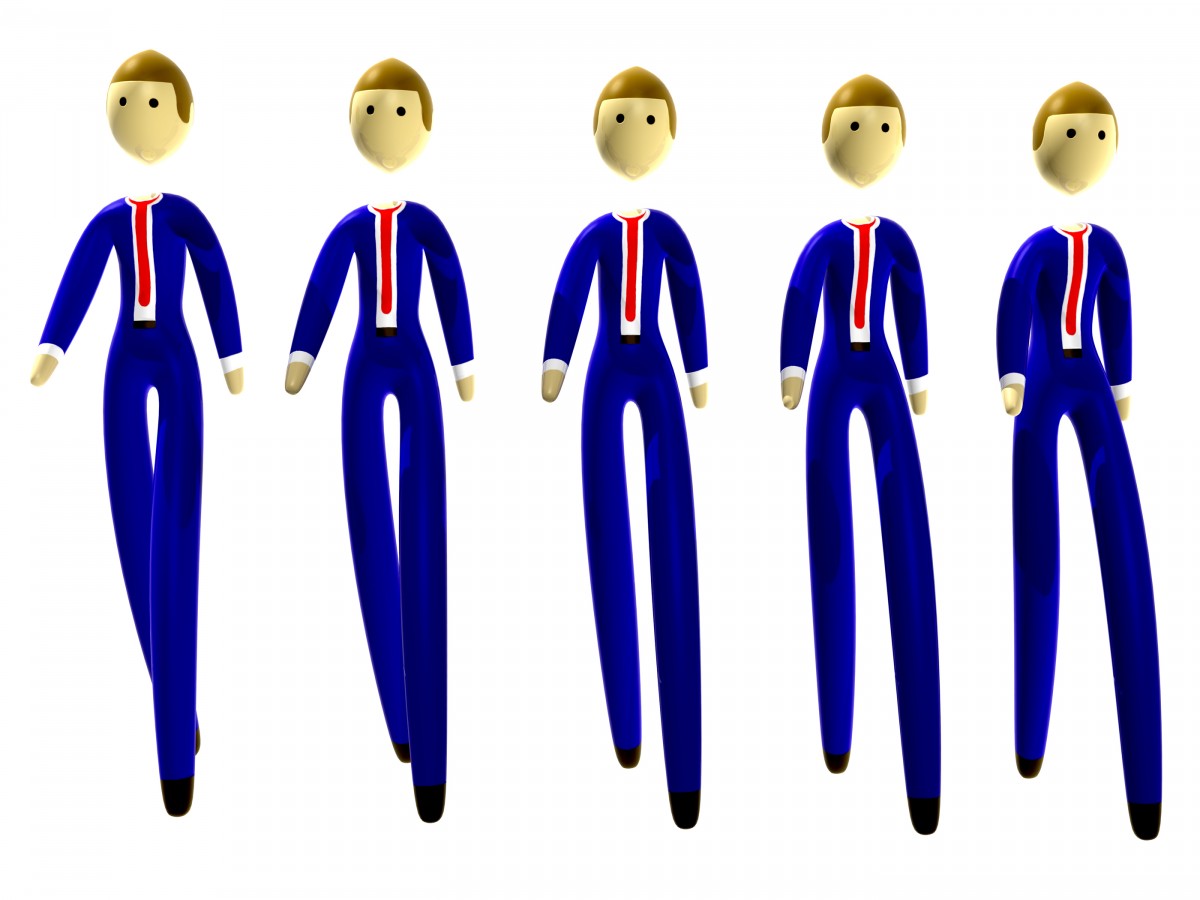
If you spend your days in a workplace where teamwork is paramount, here’s something to think about: a new study shows that groups of people working together to recall information may actually be compromising that recall. The team behind the study, a collaboration between the University of Liverpool and the University of Ontario Institute of Technology, has dubbed this phenomenon “collaborative inhibition.”
It has everything to do with the mechanism of retrieving memories. Different people usually have different preferred strategies to get their brains to cough up what they’re looking for. And, if that process is interrupted by other people verbalizing their own strategies during group work, recall for everybody in the echo chamber is lowered.
“Several factors were also found to influence the extent to which collaborative inhibition occurs. One of these findings was collaboration is more harmful to larger groups than smaller groups. Another was that friends and family members are more effective at working together than strangers.
[Says Dr. Craig Thorley of the University of Liverpool, study leader]: ‘Smaller groups perform better than larger groups as they contain fewer competing (disruptive) retrieval strategies. Friends and family members perform better than strangers as they tend to develop complementary (and not competing) retrieval strategies.’”
However, in the same study, the team discovered a happy flip side to this phenomenon: individuals who worked in groups to synthesize information for later, on-their-own, recall, have higher rates of memory retention than if they had initially worked alone.
So, if you and your colleagues live on brainstorming sessions, keep at it! But perhaps think twice about studying for those certifications together…